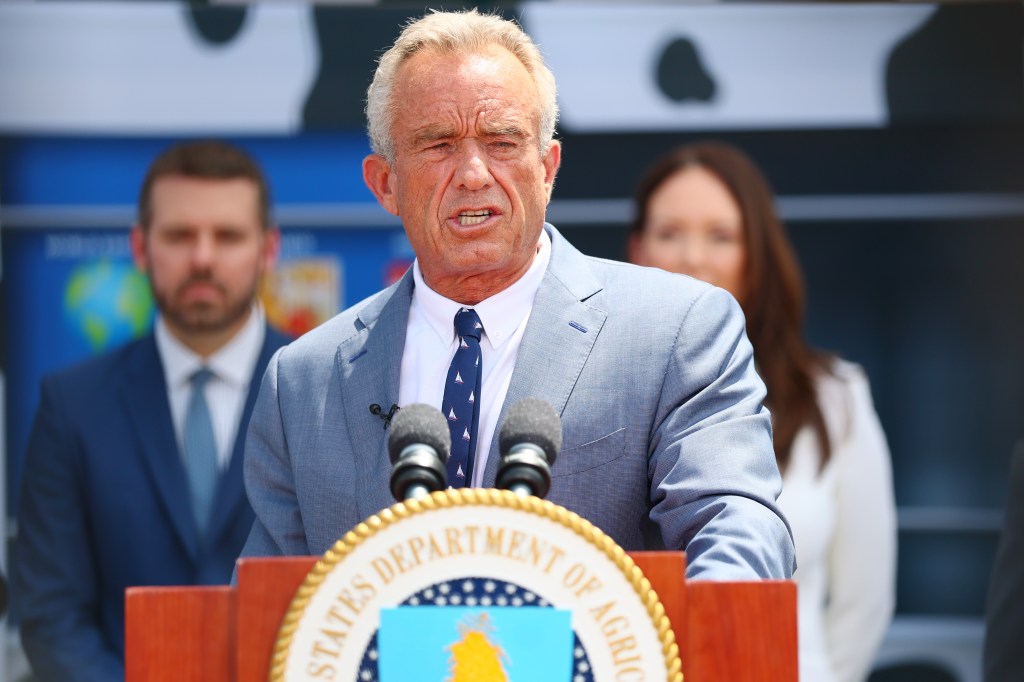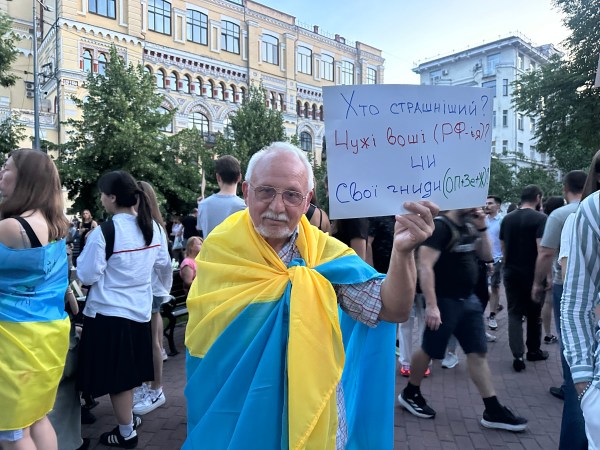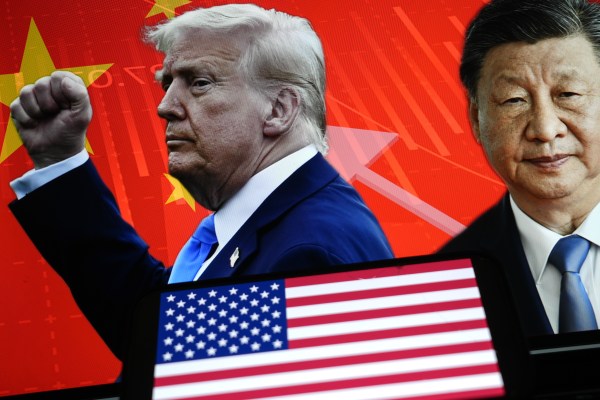In a joint statement last week, Health and Human Services Secretary Robert F. Kennedy Jr. and Secretary of State Marco Rubio formally rejected the World Health Organization (WHO)’s 2024 updates to global pandemic response guidelines. The statement reads, in part:
The amended IHR would give the WHO the ability to order global lockdowns, travel restrictions, or any other measures it sees fit to respond to nebulous “potential public health risks.” These regulations are set to become binding if not rejected by July 19, 2025, regardless of the United States’ withdrawal from the WHO.
Kennedy cited similar concerns about “national sovereignty” in a separate video released the same day. President Donald Trump signed an executive order on the first day of his second term withdrawing the United States from the WHO, but it does not go into effect until January 22, 2026.
The WHO’s International Health Regulations (IHR) were established in 1951, and have since helped coordinate global public health efforts between 196 nations—including all 194 WHO member nations. While the guidelines are nominally legally binding, nonpartisan experts point out that they provide the WHO with no “enforcement authority.” Article 3 of the most recent IHR edition, which was passed in 2005, also specifies that nations have “the sovereign right to legislate and implement legislation in pursuance of their health policies.”
The 2024 amendments do not change Article 3 or provide any additional enforcement powers to the WHO. While the updates include establishing a new WHO committee that oversees the implementation of public health guidelines, as well as national IHR authorities that communicate with the committee, experts add that they “lack teeth” due to no concrete “compliance obligation.”
Lawrence Gostin, distinguished university professor and founding chair of the O’ Neill Institute for National and Global Health Law at the Georgetown University Law Center, is one such expert. “The WHO has no power whatsoever to order global lockdowns, vaccine or mask mandates, or any other policy. The IHR actually guarantees state sovereignty,” Gostin told The Dispatch Fact Check. “And even if WHO did have these powers (which it does not), the IHR provides no enforcement mechanism. The claims by Secretaries Kennedy and Rubio are completely made up,” he continued.
Against the guidance of Gostin and others, Kennedy’s department remains sturdy in its rebuke of the IHR’s updates.
“The United States will not adhere to any International Health Regulations that infringe on our sovereignty or constitutional rights,” an HHS spokesperson told The Dispatch Fact Check. “The joint statement by Secretary Kennedy and Secretary Rubio makes clear: we reject foreign interference in how we manage public health and communicate with the American people.”
If you have a claim you would like to see us fact check, please send us an email at factcheck@thedispatch.com. If you would like to suggest a correction to this piece or any other Dispatch article, please email corrections@thedispatch.com.









Please note that we at The Dispatch hold ourselves, our work, and our commenters to a higher standard than other places on the internet. We welcome comments that foster genuine debate or discussion—including comments critical of us or our work—but responses that include ad hominem attacks on fellow Dispatch members or are intended to stoke fear and anger may be moderated.
With your membership, you only have the ability to comment on The Morning Dispatch articles. Consider upgrading to join the conversation everywhere.